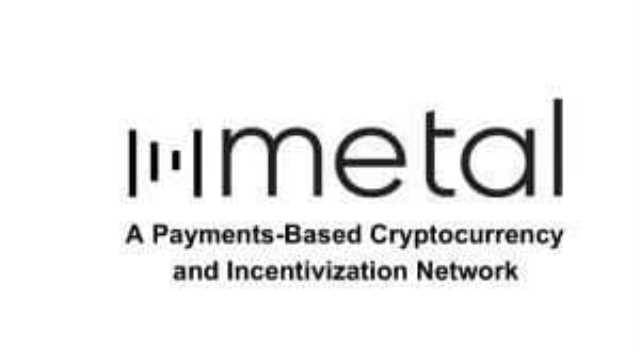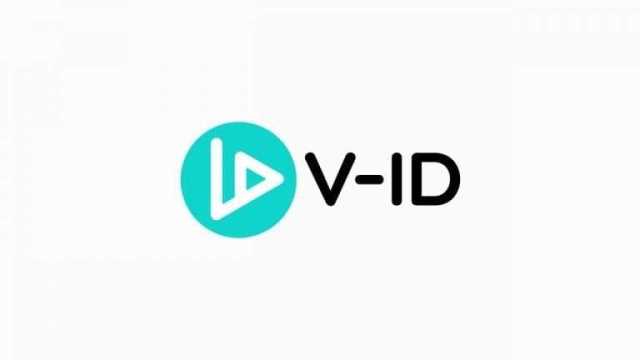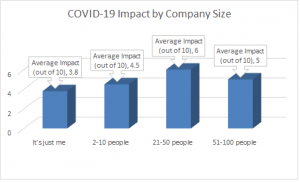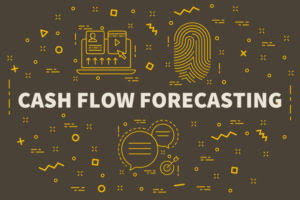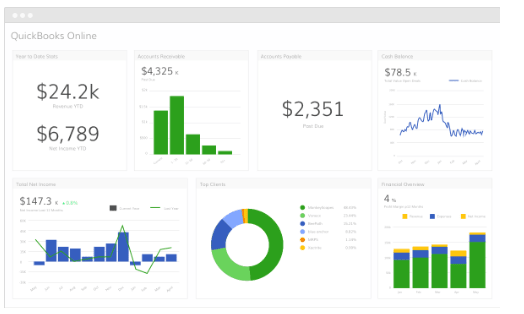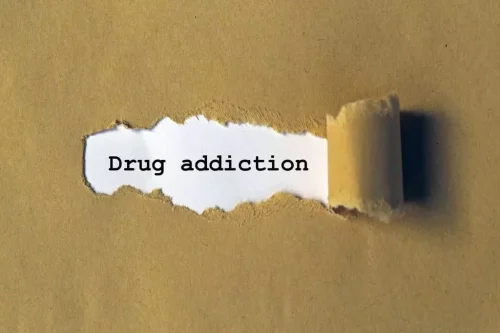
This safeguard is easily breached however when the developers who designed the security system did so with malicious intent, allowing them privileged access to the locked funds upon exit. Typically, a rug pull begins with the creation of a new cryptocurrency token that gets listed on a decentralized exchange and paired with a coin from a leading platform, such as Ethereum. Fraudsters then utilize the marketing powers of social media, launching a buzz-worthy, hype-filled promotional campaign across a myriad of channels to bait a community of investors. These scams often dangle empty promises of too-good-to-be-true yields or assign membership in the likes of a Ponzi scheme.
After the audit was completed, the developers snuck in a hidden backdoor that allowed them to withdraw all funds from the project through the 24-hour timelock, which though public, was clearly unmonitored. Another common tactic is large developer pre-mines, which in many cases are either hidden from investors or explained away as a project vault, developer fund, or eventual burn. The scam is only revealed when these funds are quickly sold off when the token’s price rises high enough. In order for a project to be deemed “unruggable,” it means that there aren’t a significant amount of tokens help by the development team.
While you’re not guaranteed to catch every scam, you’ll have a much better shot at avoiding bad deals if you take your time and research thoroughly. If you’re putting your hard-earned money into a risky crypto project, it’s vital to understand what you’re buying and why you think it will go up in price. The crypto world is full of anonymity and aliases, which is part of the reason fraud is so common in the space.
Most Successful Rug Pulls in Crypto History:
While investors can keep buying, they can’t sell unless a developer allows it. Scammers then dump their tokens when they want, leaving investors in the lurch and stuck with eventually worthless assets. A hard rug pull is when a developer has no intention of ever completing a project and intends to scam investors from the start, such as “hardwiring” a project’s code to leave an avenue open for theft. Instead, soft pulls tend to rely on marketing hype to falsely inflate a project’s value, and then the project’s founders shut it down and run away with the money. First, a malicious developer creates a token (let’s call it SCAM) with no real use case, typically just by copying and pasting the code of another token or template and changing a few lines.
- Charlton Haupt went “all in” on crypto in 2017 after reading Bitcoin’s white paper, quickly progressing from an investor to a trader shortly thereafter.
- Financial freedom is something of a mantra in the cryptocurrency space, doubly so in decentralized finance (DeFi.) DeFi promises ultimate financial freedom, bringing traditional finance options to the blockchain.
- Therefore, this compensation may impact how, where and in what order products appear within listing categories, except where prohibited by law for our mortgage, home equity and other home lending products.
- Another common tactic is large developer pre-mines, which in many cases are either hidden from investors or explained away as a project vault, developer fund, or eventual burn.
- OneCoin was a cryptocurrency-based Ponzi scheme promoted as a new digital currency that would revolutionize the financial world.
In fact, most of them will not, as demonstrated by money pooled in the most popular cryptocurrencies. Bitcoin and Ethereum still dominate the market, with the third largest coin not even half of Ethereum’s market cap. The offers that appear on this site are from companies that compensate us. But this compensation does not influence the information we publish, or the reviews that you see on this site. We do not include the universe of companies or financial offers that may be available to you.
Labor Statistics have it that only 80 percent of new businesses outlive their first year. Bankrate.com is an independent, advertising-supported publisher and comparison service. We are compensated in exchange for placement of sponsored products and services, or by you clicking on certain links posted on our site. Therefore, this compensation may impact how, where and in what order products appear within listing categories, except where prohibited by law for our mortgage, home equity and other home lending products. Other factors, such as our own proprietary website rules and whether a product is offered in your area or at your self-selected credit score range, can also impact how and where products appear on this site.
In the case of CP3R, investors opted to overlook a major security flaw even though the timelock configuration was flagged by the audit. Then, these developers would list their token and create a how to buy a katana pool on decentralized exchanges like Uniswap or Pancakeswap, which allows anyone to do so. In contrast to a project that simply tanked, a rug pull doesn’t set out to create anything. In the fall of 2021, an anonymous developer known as Evil Ape disappeared after taking $2.7 million of investor funds.
Keep Reading
Of course, when you find a legitimate asset to acquire, you can use Ledger to store and protect it. The best way to store your hard-earned crypto is a hardware wallet, like us! We give you complete control of your digital assets, allowing offline storage for the ultimate security. OneCoin was a cryptocurrency-based Ponzi scheme promoted as a new digital currency that would revolutionize the financial world.
Liquidity Stealing
As with pump and dumps, prospective investors should be highly suspicious of any project whose price skyrockets within just a few hours. If you see a token shoot up in value, try to see if you can figure out why. If there hasn’t been a new partnership, a new exchange listing, or any other meaningful announcement, it may simply be an attempt to drive you and other investors into putting money in from FOMO.
The excitingenvironment of cryptocurrency offers profitable opportunities, but it alsohides hidden hazards. Among these threats, the frightening tendency of”rug pulls” has emerged, causing crypto investors to lose faith. Crypto rug pulls can also occur when the project’s owners manipulate the value of a particular token or coin to deceive investors and subsequently siphon off their investments. Cryptocurrency rug pulls are an unfortunate but common occurrence in the global crypto markets, resulting in billions of dollars of losses for digital asset investors.
While crypto rug pulls have always been a spectacle in the industry, some scams left a mark in the industry. Fraudsters often attract victims with a sudden, sharp increase in the token’s value in a short period. Once the price peaks, the people behind the token sell it to generate a profit while leaving “investors” with steep losses.
A rug pull is a type of crypto scam where developers raise funds from investors and then ditch the project they used to create the buzz. The core development team gives investors a false sense of security while they quietly shut down. Despite how common they are, funds lost in rug pulls are almost never recovered, and in most cases, the scammers are able to disappear without a trace.

If a digital asset offering doesn’t have a disclosure, but seems to fit the description of a security, beware. Unlike some other industries, crypto doesn’t have a built-in cooling-off period, meaning you can’t cancel or back out of a funds transfer, in most cases. Taking your time may mean missing out on an opportunity now and again, but it may save you even more. As many crypto experts say, don’t invest money you can’t afford to lose. Any estimates based on past performance do not a guarantee future performance, and prior to making any investment you should discuss your specific investment needs or seek advice from a qualified professional. DeFi can and is quite rewarding for many users, assuming they pick the right projects.
Liquidity
This type of soft rug pull is similar to penny stock pump-and-dump schemes. After inflating a coin or software testing methodologies learn the methods and tools NFT’s value, the developers rapidly sell off their own supply, tanking the token’s value. Dumping schemes can span hours or years depending on the developers, and can sometimes look like normal market volatility rather than deliberate scams. The most common of exit schemes, liquidity stealing, is when token creators extract all of the coins invested, or pooled, into a project. DeFi trading platforms require a collection of crypto tokens in order to facilitate actions such as trades, exchanges or loans, which are successfully secured via smart contracts.
Faruk Fatih Ozer, the founder of Thodex, formerly one of Turkey’s largest crypto exchanges, fled to Albania in 2021 after allegedly defrauding his platform users of $2.7 billion in funds. the most detailed etoro uk review for 2021 Before fleeing Turkey, Ozer’s company offered new registrants millions of free dogecoins, which many users say they never received. We’ll cover the types of rug pulls, real-life examples and how to avoid falling for one yourself. If aninvestor suspects a rug pull, they should exercise cautious and seek legalcounsel. Not all rug pulls are unlawful, but they frequently cross the lineinto unethical behavior.
